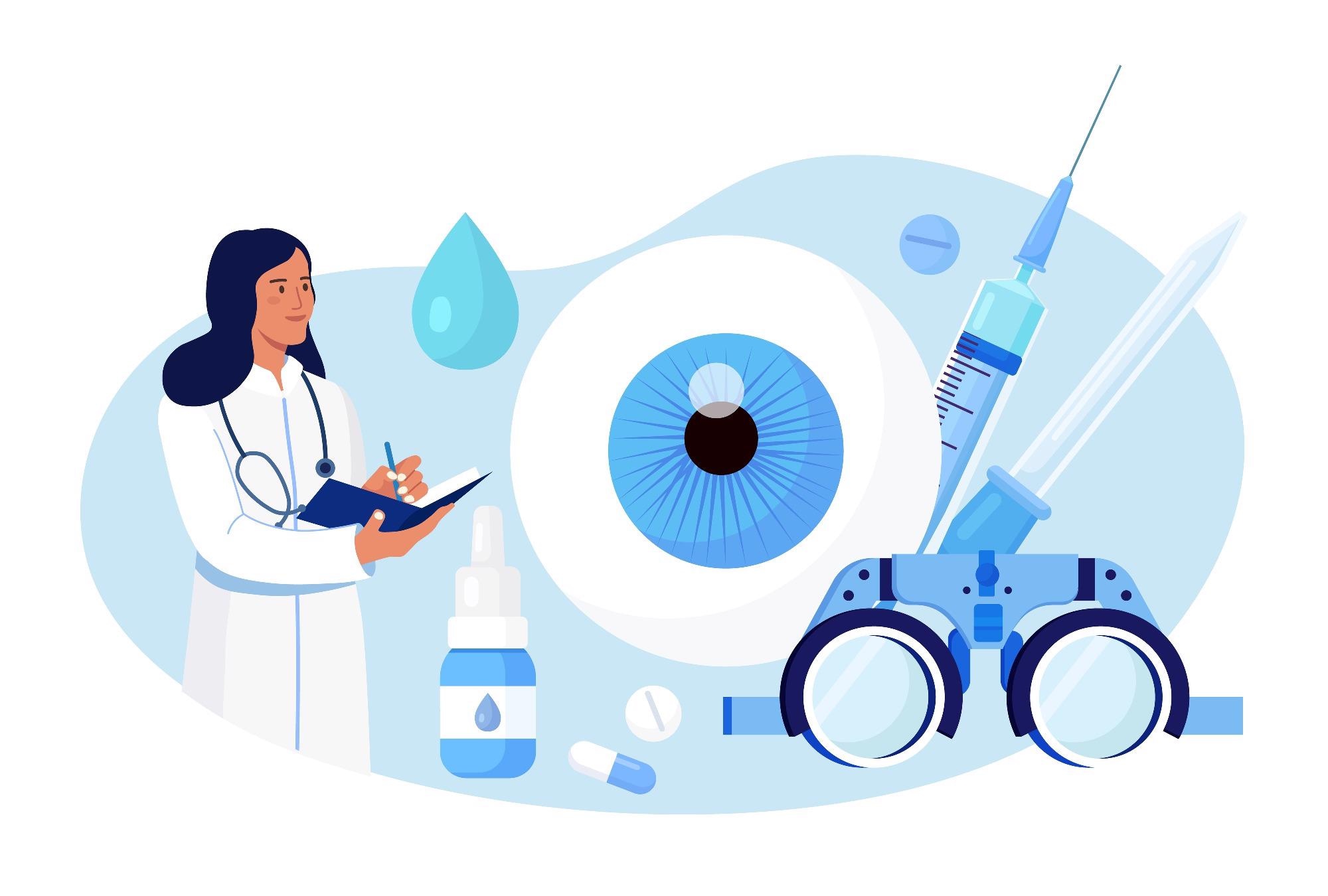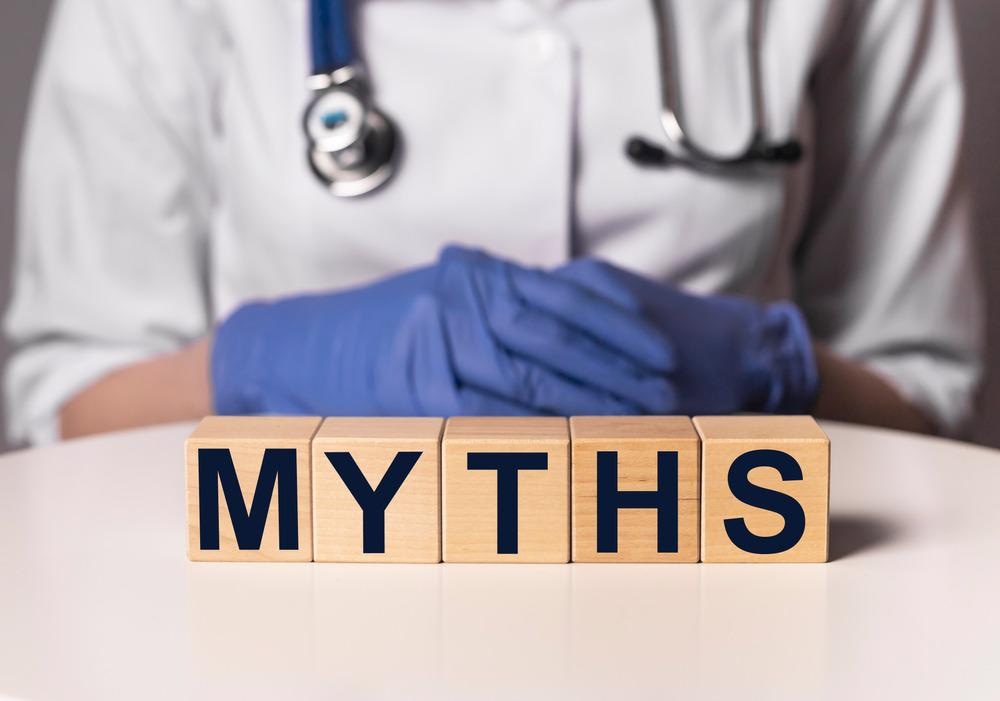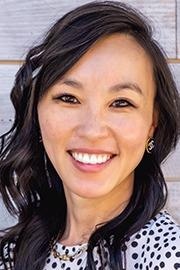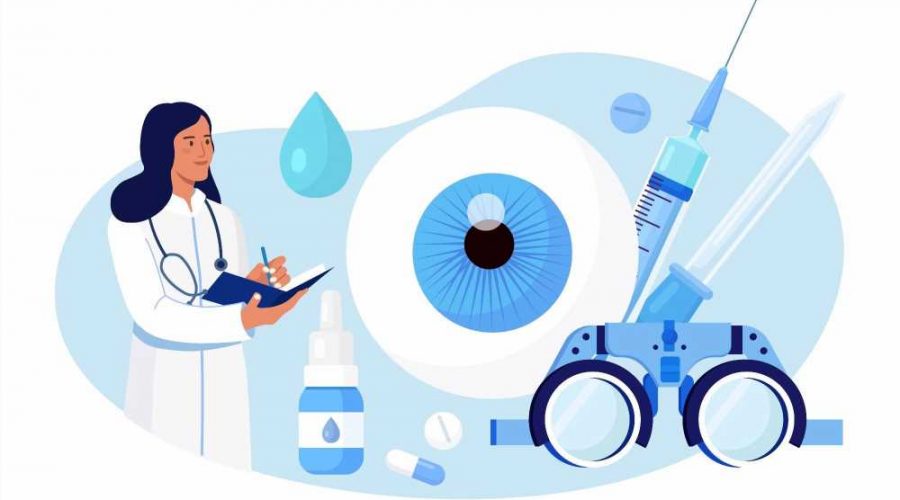Medical Experts and Social Media; Healthcare Education Through a New Lens
 Thought LeadersVicki Chan MDOpthalmologist
Thought LeadersVicki Chan MDOpthalmologistIn this interview, News-Medical talks to Vicki Chan MD about her background in ophthalmology and how the physician’s social media success has helped contribute to a new era of online healthcare education.
Please can you introduce yourself, and tell us about your background in medicine and your career as an ophthalmologist?
My name is Vicki Chan and I am an ophthalmologist/glaucoma specialist in Southern California. I have always wanted to be a doctor, (I credit that to my father who is an anesthesiologist. I remember hanging out with him in the doctor's lounge when I was young) so much so I was part of the straight Bacc/MD program at USC (University of Southern California). It was one of the few programs that allowed students to apply out, so I took the opportunity to head east and attend Johns Hopkins for medical school and came back home to UCLA for residency and fellowship.
Since graduation, I've had a variety of jobs – at a university, as part of private practice, and currently working per diem in a managed care system. I love what I do, but also love the flexibility to support/spend time with my family as well as do the things I love – like online marketing and building a presence on social media to educate, inspire, and humanize the medical journey.
The role of an ophthalmologist is to treat and prevent disorders and diseases of the eye. Why did you choose to specialize in ophthalmology, and what is your favorite part of working within this field of healthcare?
To be completely honest, ophthalmology was not on my radar when I started medical school. My father is an anesthesiologist and the stories he would tell me about the surgeons make me believe that I could "never" be a surgeon – I thought I would go into cardiology. But when I rotated through surgery during my 3rd year in medical school, I fell in love with it – I loved the idea of working with my hands and "fixing" problems in real-time. However, I also enjoyed connecting and working with patients in the clinical setting as well.
So I began a search for a specialty that would give me a bit of both surgery/procedures and medicine/clinical care. My list was short (included specialties like ophtho, ENT, and ER), and I quickly set up sub-Is so I could experience them for myself. When I hit the ophthalmology department, I fell in love. The attendings were so brilliant – immersed in cutting-edge research and floating between clinic and ORs. And the best part? Many had families and lives outside of medicine! (Because one of the perks of ophthalmology is that there are few life-threatening emergencies, so their schedules were busy but quite flexible).

Image Credit: Buravleva stock/Shutterstock.com
In addition to your work in the medical field, your TikTok account currently sits at over 400 thousand followers, with over 20 million combined likes. What is the backstory behind posting your first TikTok, and what message surrounding healthcare do you hope to share through your videos?
I started posting on Tiktok on 11/2019, and it really started off as something just for fun (many of my early videos were silly dancing ones with my kids). But I quickly realized how many people were on the app – looking for encouragement (many people connected with stories from when I was still in school or meeting my husband), inspiration (some of my most popular videos were about my insecurities and/or obstacles I had to face during training and as physician/mother), and information (when the pandemic hit, people seemed to appreciate my videos about masking and COVID).
I really want people to realize that doctors are humans too – we go through difficulties, have struggles, and want this pandemic to end too. I also want young students and doctors to know that there IS life outside of medicine. Being a physician is a true calling, but it's not a be-all end-all (if you don't want it to be).
As well as posting content about your career as an ophthalmologist, you often post videos to your social media that separate medical truths from myths. Why is it important for specialists to call out medical misinformation online?
Like most of us in medicine, I wanted to become a doctor to help others. I spend time in the clinic with patients, answering questions and educating them about disease processes and treatment options. But, times are changing, and whether we like it or not, more and more people are getting their information online.
When the pandemic hit, I was shocked to see how much misinformation was online and on social media. I realized that if doctors and healthcare professionals didn't step to fight this misinformation and/or replace it with accurate information, who would? So I began leveraging my social media platforms to do just that.

Image Credit: valiantsin suprunovich/Shutterstock.com
In addition to correcting medical untruths, your content also focuses on your own specialization as an ophthalmologist. What is one misconception around ophthalmology that you hope to clarify through your TikTok?
I think one of the main things people get confused about are the different types of doctors and eye care professionals out there. As an ophthalmologist, I completed medical school, hold a medical degree, and treat diseases of the eyes with medications, procedures, and surgeries. There are other types of eye care specialists who have their own important roles in eye care – like optometrists to measure glasses/contact lenses and do eye screenings and opticians who help fit glasses.
How can individuals stay well-informed about medical knowledge and advancements? What red flags should people be aware of when seeking medical information online, especially when on social media?
Just like you would choose your own personal doctor carefully, I would choose who you follow and where you get information online wisely as well. Make sure what you are reading is up to date/current (science and situations are constantly evolving), from a trusted source (beware anonymous accounts or highly biased sites), and backed by evidence (can you other sources that back up the information?).
TikTok for Doctors is a guide you created for physicians wanting to grow their social media channels. In terms of the online medical community, what do you believe the benefits are of having medical professionals share their stories on social media?
I think having medical professionals share their stories online is extremely important. To make the most impact, we must go where people are. We can only help 1 patient at a time in our clinics, but online and on social media, we have the opportunity to help so many more. As I mentioned above, there is so much misinformation out there, we must meet it head-on. Moreover, in this climate of so much uncertainty and doubt, showing our human sides can help build connections and trust between healthcare professionals and patients.
With the rise in popularity of social media platforms like TikTok, how do you imagine the future of online healthcare education to evolve going forwards?
I definitely have seen the younger generation of residents and medical students rocking this area over the past 5 years or so. My generation is slowly catching up – I think the pandemic really gave some of us a big push – to become more comfortable educating and communicating virtually. TikTok has definitely made it clear that video content is here to stay – and whether a doctor's goal is to educate, build a brand, or market his/her practice – we need to embrace it.
You promote a healthy work-life balance between your career as an ophthalmologist and entrepreneur and your personal life. Throughout the COVID-19 pandemic, we have seen many healthcare professionals work even longer hours than pre-pandemic, and this has proved to be taxing on the mental and physical health of many. How do you personally balance your career as a physician with your home life, and why is it important to prioritize this balance?
I am fortunate that I am in a specialty that allows for flexibility (there are rarely any life-threatening emergencies in ophthalmology), so I am able to schedule my clinics and can avoid working late or on weekends if I have other plans. I am also lucky that my husband and I had our outside businesses in place pre-pandemic (I do direct sales and online marketing; he does real estate and online courses. We also have various investments.) so that when COVID got really bad, we could step back from medicine when we needed/had to (like when my son got COVID).
While I love being a doctor, I did not love it 24-7, nor did I love the feeling of HAVING to go to work. This was how I felt the first 5 years after graduation when I felt like my whole identity and security was wrapped up in being a full-time, productive physician. I honestly don't think anybody enjoys anything that they feel forced to do – or even worse, trapped in. Eventually, I hit a breaking point (a story for another time) and realized that medicine is "just" a job – not who I truly was (I'm a mom, wife, friend, educator, supporter, and so much more!). Being able to take that step back, build alternate sources of income, and embrace/balance my family, my personal life, and my interests, I believe has made me enjoy medicine even more!

Image Credit: Andrey_Popov/Shutterstock.com
What advice would you give to people interested in pursuing a career in the medical field?
I would say, "Go for it!" Being able to help others with their health is truly a privilege, and I am so happy I chose this path myself.
Where can readers find more information?
https://www.instagram.com/vickichanmd/
https://www.tiktok.com/@vickichanmd/
About Dr. Vicki Chan
I currently work as an independent contractor at a large managed care facility in Southern California, seeing and treating general ophthalmology and glaucoma patients. I also do online marketing for various companies/organizations and have a passion for social media communication and education, especially combating medical misinformation.
I am currently working with multiple public health organizations to help disseminate accurate COVID-19 and vaccine information, including the United Nations/#TeamHalo, #ThisIsOurShot, and the Public Goods Project.
Posted in: Thought Leaders | Medical Science News | Healthcare News
Tags: Cardiology, Contact Lenses, Dancing, Doctor, Education, Eye, Glaucoma, Healthcare, Managed Care, Medical School, Medicine, Ophthalmology, Pandemic, Public Health, Research, students, Surgery, Vaccine
.png)
Written by
Emily Henderson
During her time at AZoNetwork, Emily has interviewed over 200 leading experts in all areas of science and healthcare including the World Health Organization and the United Nations. She loves being at the forefront of exciting new research and sharing science stories with thought leaders all over the world.
Source: Read Full Article
